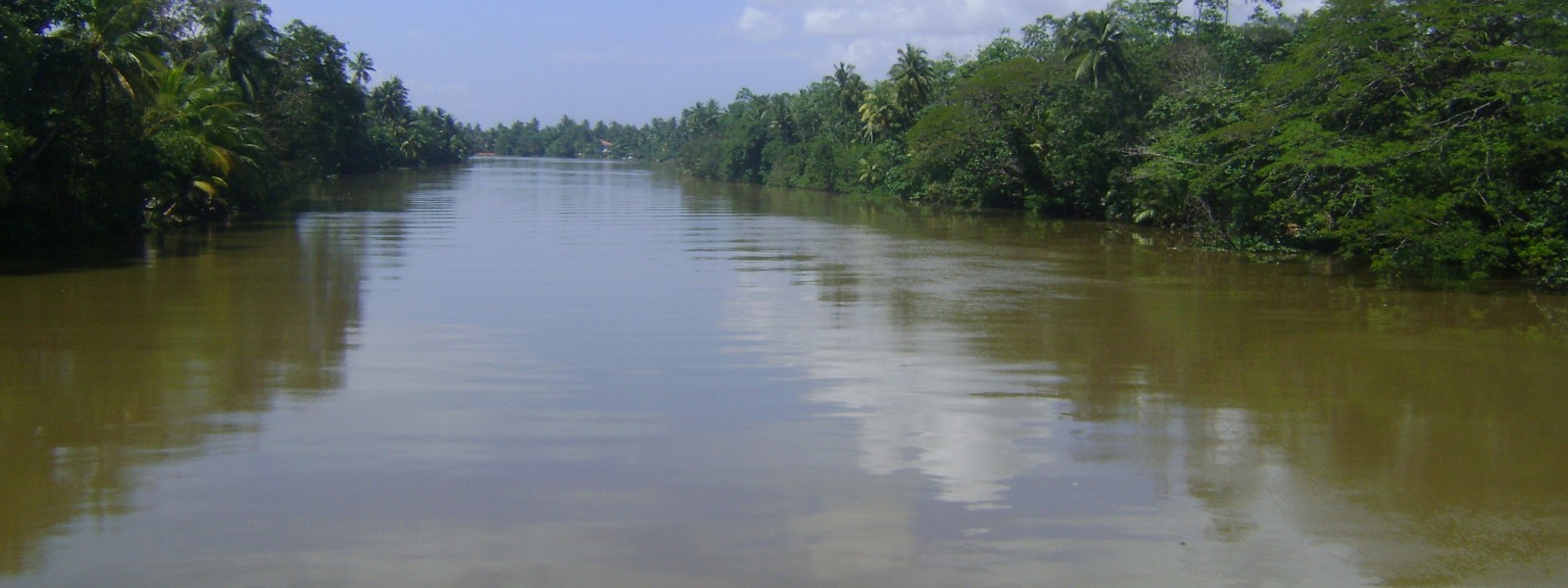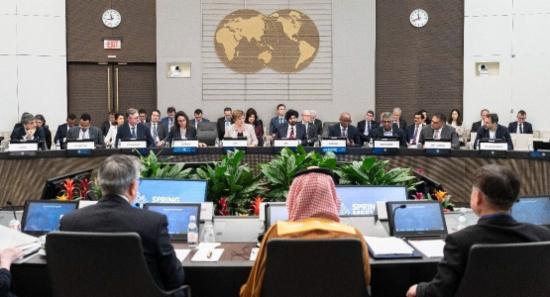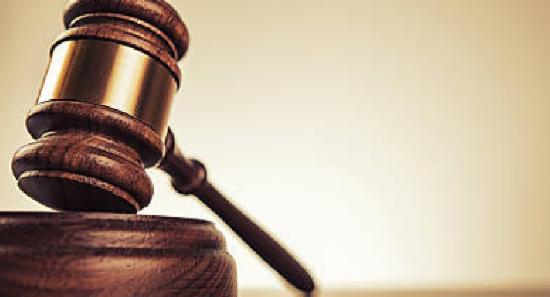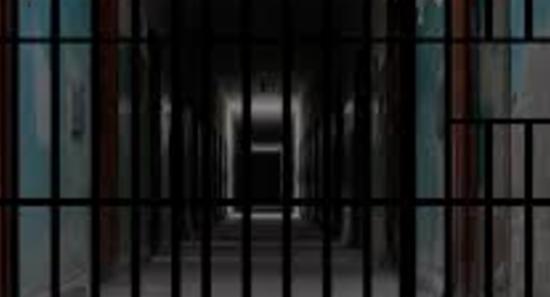.webp)

Kelani river water at risk of rapid contamination
Colombo (News 1st): A study reveals that there is a risk of rapid contamination of water in the Kelani River. The study was conducted by the Auditor General's Department. Kelani River, the second-longest river in Sri Lanka and the fourth largest water basin in Sri Lanka, provides drinking water to nearly 80% of the population of the Western Province.
According to the National Audit Commission Over 10500 factories have been identified surrounding the Kelani River. Recent studies have revealed that these industries and domestic activities have increased the pollution rate of the Kelani River.
Erosion of the river bank due to unauthorized constructions, solid waste, sewage and waste-water being dumped into the river from hotels and unauthorized houses built along the river have also been recognized as reasons for pollution.
Industries have been the main cause of pollution. Two major Export Processing Zones Seethawaka and the Biyagama are located in close proximity to the Kelani river. It was also revealed that the Environment Protection License of Seethawaka Export Processing Zone had not been renewed for 8 years.
The report also reveals that the capacity of the public wastewater treatment plants of 37 industries in the region is low. Also, the microbial destroying machine at the wastewater treatment plant has malfunctioned.
It is also revealed that there is no proper method to remove the effluent from the factories. It has also been revealed that the wastewater discharged from the operations of certain factories in these areas do not meet the proper standards.
Observations carried out at Biyagama Export Processing Zone revealed that the number of coliforms in the water exceeded the prescribed capacity of 10,000 up to 890,000. Coliform is a type of bacterium that lives in the dead and contaminated water of humans and other immobilized animals.
The coliform level in the treated water pond in the region had also increased by one hundred thousand. The amount of bacteria in the water samples taken from a number of Kelani sites, including the Kolonnawa Bridge has drastically increased
The Kelani River extending from the Seethawaka ferry to the Kolonnawa Bridge has been found to be unsuitable for drinking, bathing, and recreation. With the increase in water pollution in the river, the cost of chemicals used in the Ambatale and Pattiwila water treatment plants has increased.
This expenditure has increased from Rs 879 mn in 2015 up to Rs 929 mn in 2017. The quantity of chemicals used in the Pattiwila water treatment plant has increased. It was reported that the amount of chlorine used has increased by 74%.
The report of the Auditor General's Department shows that the cost of producing clean water has increased in the last five years with the increased use of chemicals in both water treatment plants.
According to the Auditor General's Department, the Central Environmental Authority, the Department of Irrigation, the Local Authorities, the Urban Development Authority and the Water Supply and Drainage Board should be actively involved in protecting the water of the river.
Other Articles
Featured News





.png )






.png)






-734264-752536_550x300.jpg)



















.gif)